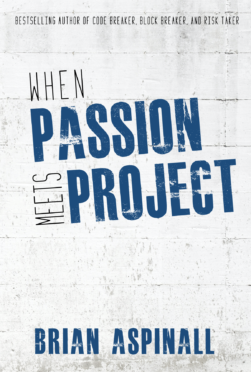It’s an exciting week! Niagara Falls is about to get bombarded by over a thousand progressive educators who are excited to share their expertise and wisdom with the group.
If you have never been before, this conference is a game-changer. It’s like an edcamp on steroids. One of those events where you feel like you are always missing what is happening next door as to try to take in what is in front of you.
What I love about these kinds of conferences is the abundance of opportunity. Choose your own PD. Nobody this week will tell you what session to attend and what you need to work on. It’s OK to be where you are, it’s not OK to stay there. But that’s why you are coming to Niagara this week. Because you care.
I will be running two different sessions this year. One to start the day Thursday and one to finish it.
The Learning Space at #bit14
The Learning Space is a small, comfortable area designed to allow for flexible, organic collaboration and learning. It will be hosted by Ontario educators throughout Thursday and Friday. Come to participate in discussion, get help with a technology or to just listen in. Leave your twitter handle on the doodle wall.
Thursday – 10:00 am – Jonathan So and Brian Aspinall – Assessing outside the test in math
Thursday 6th November, 2014 – 4:00pm to 4:50pm
There is no argument in the value of having students write computer code from a critical thinking standpoint. Students as young as kindergarten can begin to explore theories of computer science. Whether the algorithm is how to make toast, or how to find the factors of a composite number, kids of all ages can understand the procedures. A student cannot develop an ‘app’ to find the area of a square without first understanding the formula and algorithm for solving this problem. Allow your students to demonstrate an understanding of numeracy concepts by creating their own apps and tools to solve mathematical problems.
This session will range from the very basics of learning to code, to actually coding an ‘app’ to support intermediate numeracy. A wide variety of tools will be shared that teachers can bring back to their schools.
Creativity and collaboration are 2 of the C’s of the 21st century and having students write computer code is an excellent way to engage them in what is often rote and repetitive learning in a traditional math class.
I hope someday to be on the committee that writes the Computer Science curriculum for elementary. Has to be coming soon, right?
The people who are crazy enough to think they can change the world, are the ones who do.
I have to finish this post with a little nkwiry plug. Nkwiry now allows teachers to tag video by curriculum strand for easy filtering. You can also share and see what other people are curating. Check it out here: www.nkwiry.com
Happy Sunday. Did you set your clock back? No, it did it by itself.
 For all the kids who grow up in a small town and think they don’t stand a chance. You do. I was once that kid.
For all the kids who grow up in a small town and think they don’t stand a chance. You do. I was once that kid.